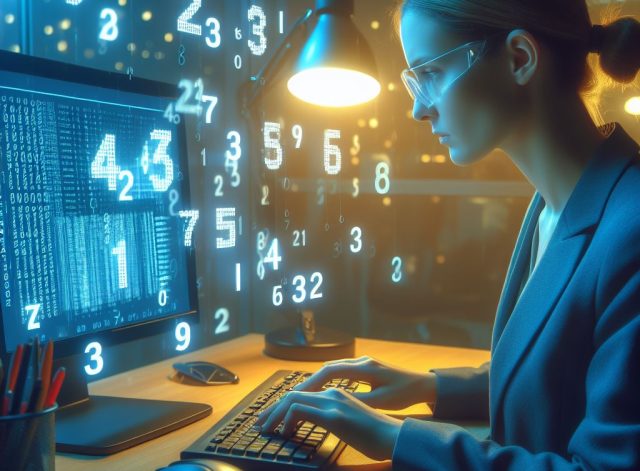We recover and certify critical information with legal value for companies and individuals.
We have certified computer forensic experts to carry out certifications, forensic analyses, and reports with legal value.
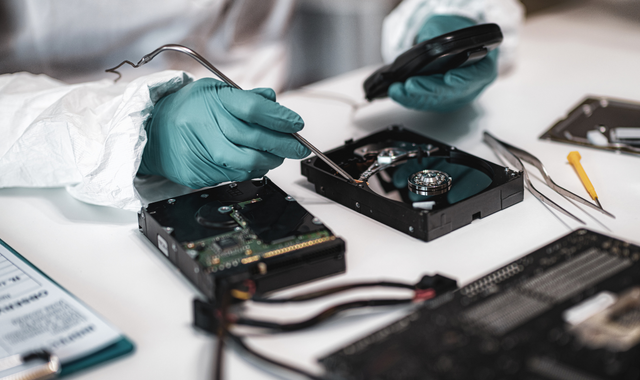
What is a forensic analysis?
Forensic analysis consists of a series of procedures that certify the evidence or findings in a reliable manner.
These include identifying evidence, acquiring data, analyzing and studying the results, and finally, preparing and presenting a report.
Data can be obtained not only from a hard drive, but also from a wide range of sources such as mobile phones, telephone routers, car control units and multimedia systems, unmanned aerial systems, or nautical devices.
All phases are important, but without a doubt, the preparation of a report that clearly, truthfully, and simply summarizes the results obtained can make the difference before a court of law.

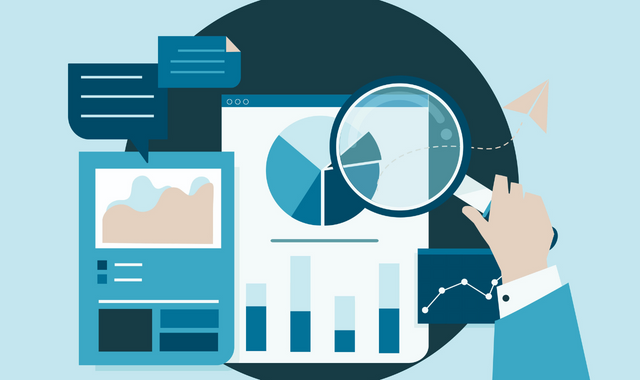
What is Computer Forensics?

What is a computer forensic expert?
The computer forensic expert is a qualified professional, expert in IT and telecommunications, responsible for providing the necessary support to individuals, organizations, or companies when a dispute involves technological evidence. This professional is in charge of explaining and advising the judge in the clearest and simplest way, so that the information can be understood by people who are not IT experts.

More information about judicial computer forensics

What is the Chain of Custody?

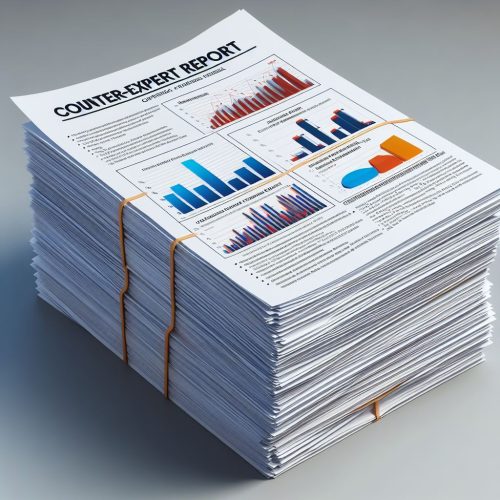
What is the Counter-Expert Report?
- That the computer forensic report complies with the required structure and digital forensics protocols.
- That the chain of custody has been maintained and the evidence is repeatable.
- That the report meets legal standards and complies with computer forensics regulations.
- That the computer forensic expert who signs the report meets legal requirements and is qualified to issue a forensic computer report.
- That it is a technical report and not a personal opinion presented as a forensic conclusion.
- That the computer forensic expert has acted impartially.


What is investigated?
In addition, a computer forensic analysis will examine everything related to the device that has experienced such an incident. For example:
- Files in the print queue.
- Volatile memory dumps.
- Operating system file sharing space.
- Unallocated spaces on the storage device (hard disk, SSD, etc.).
- Logs of the operating system and applications installed on the device.
- Data not recorded in the file allocation tables.
- Information stored in the device and in its memory.
- Deleted files and data, such as:
- Other relevant items stored in the device.
When is a computer forensic expert necessary?
- Copyright and trademark violations.
- Disclosure of confidential information. Invasions of personal privacy.
- Unauthorized access to company documents or files.
- Unfair competition practices by employees.
- Terminations due to misuse of technology.
- Evaluation of technological assets or products.
- Protection of sensitive personal data or legal information.
- Illegal access to or alteration of software.
- Damage to computer equipment.
- Unauthorized use, reproduction, and distribution of software (piracy).
- Scams and fraud via digital media.
- Crimes related to child pornography.
- Data deletion.
- And more…

DO YOU WANT TO KNOW MORE?
COMPUTER FORENSIC EXPERT SERVICES

WhatsApp Forensic Expert: We certify your tests
Conduct legally valid WhatsApp conversations through computer forensics by a computer expert.

Computer forensic expert in cell phones
Analysis and certification of mobile phone evidence using tools such as XRY, Celebrite, and Rusolut. Preparation of computer forensic reports and mobile phone appraisals.

Forensic analysis for information theft
Conducting analysis and expert reports on stolen confidential information, information theft, and criminal acts committed in the workplace.

Computer Forensic Expert in images & videos
Examine and certify video recordings, authenticate photographs, or examine manipulated or modified images and/or videos.
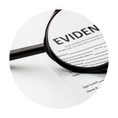
Expert appraisal of manipulated documents
Expert report on document manipulation, modified PDF, document forgery, etc.

E-mails appraisal
Certify and perform expert appraisal of emails (sent and received).
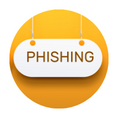
Phishing, suplantación de identidad
Computer expertise in phishing, electronic fraud, identity theft, and phishing.

Cyberbullying, digital violence and minors
Computer expertise in cyberbullying of minors and digital gender violence.

Computer expert on social networks
Cyberbullying, auditing Instagram, Facebook, and other social media chats, identity theft, etc.

Computer counter expert report
Forensic computer expertise and preparation of counter-expert reports.

Timeline analysis and forensic copying
Forensic study and analysis of work timeline, computer equipment usage report, forensic copying.

Child pornography, P2P files
Expert downloads from Emule or P2P networks for downloaded files, child pornography, etc.
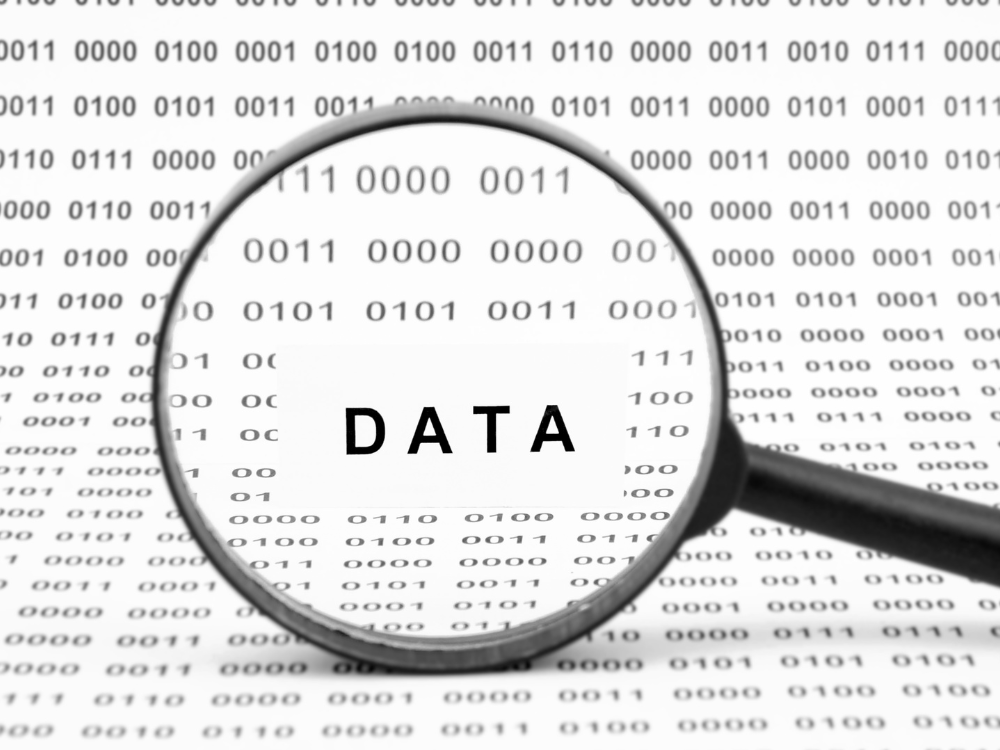
COMPUTER FORENSIC EXPERT FEES
Each case will be analyzed individually, so a prior appointment must be requested for the study and analysis of your specific case.
Consultations will be billed in 1-hour blocks, at a cost of €96.90 + VAT per session.
Frequently Asked Questions About Forensic Analysis
Computer forensics is a research study aimed at obtaining digital evidence that can be used in legal proceedings. It is used in cases where it is required to analyze and present technological evidence to help the judge make a decision on the guilt or innocence of one of the parties. Computer forensics is especially useful in computer crimes, electronic fraud, security breaches, among others.
To be a computer forensic expert, it is required to have solid knowledge in computer science and telecommunications. It is important to have specialized training in the field, as well as experience in forensic data analysis and legal procedures in addition to technical skills, investigative skills, knowledge of regulations and laws related to computer forensics, and the ability to communicate clearly and understandably to non-computer experts.
The data forensic analysis process performed by a computer forensic expert consists of several stages. It includes identifying relevant digital evidence, acquiring and preserving the data in a forensic manner, analyzing the data to extract relevant information, and producing an expert report summarizing the findings. It is important to follow protocols and maintain the chain of custody to ensure the validity and integrity of the evidence obtained.
During computer forensics, various measures are applied to ensure the validity and integrity of the evidence. This includes the use of specialized techniques and tools for forensic data acquisition and preservation. A detailed record is kept of all activities performed and the chain of custody is ensured to prevent any tampering or alteration of evidence. In addition, recognized standards and protocols in the field of computer forensics are followed.
The computer expert report is of vital importance in a judicial process, as it summarizes in a clear and precise manner the findings and conclusions of the computer expert. This report provides technical evidence and substantiated arguments that help the judge to understand the technological aspects of the case. The computer expert’s report can influence the judge’s decision making and can be used as evidence during the trial. Its proper and understandable presentation is crucial to support the arguments of the parties involved and clarify the facts in dispute.

